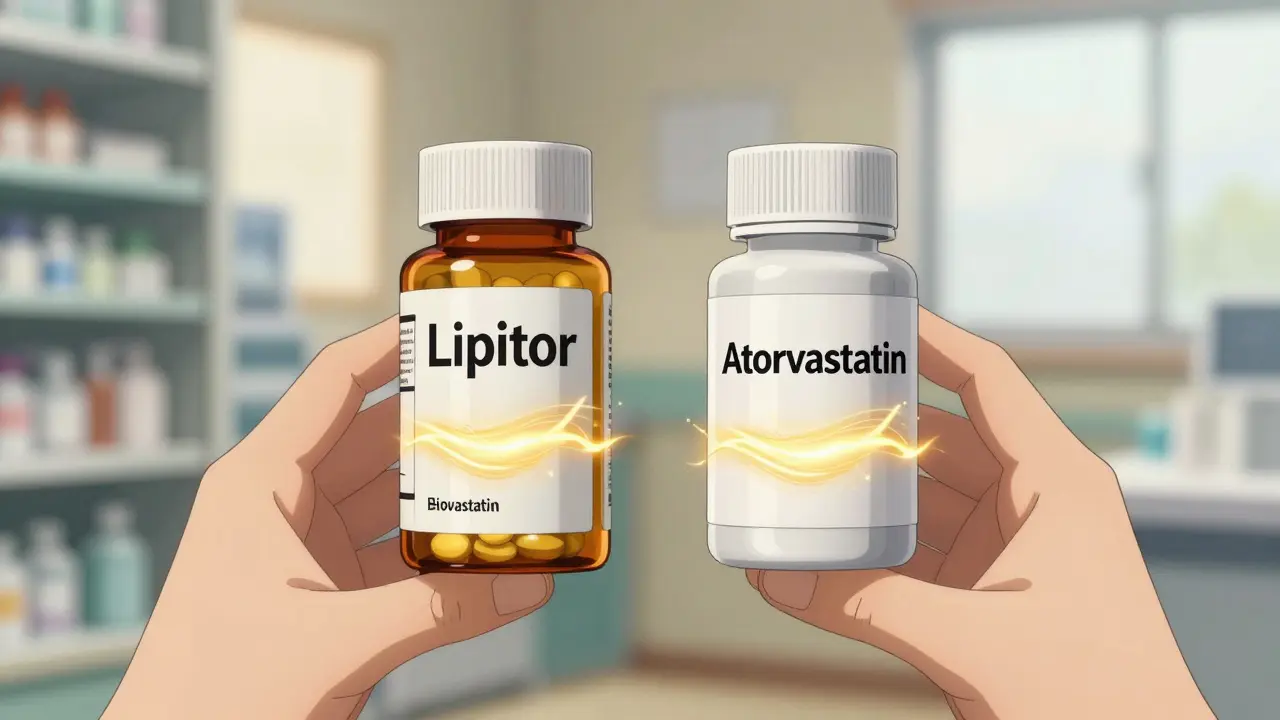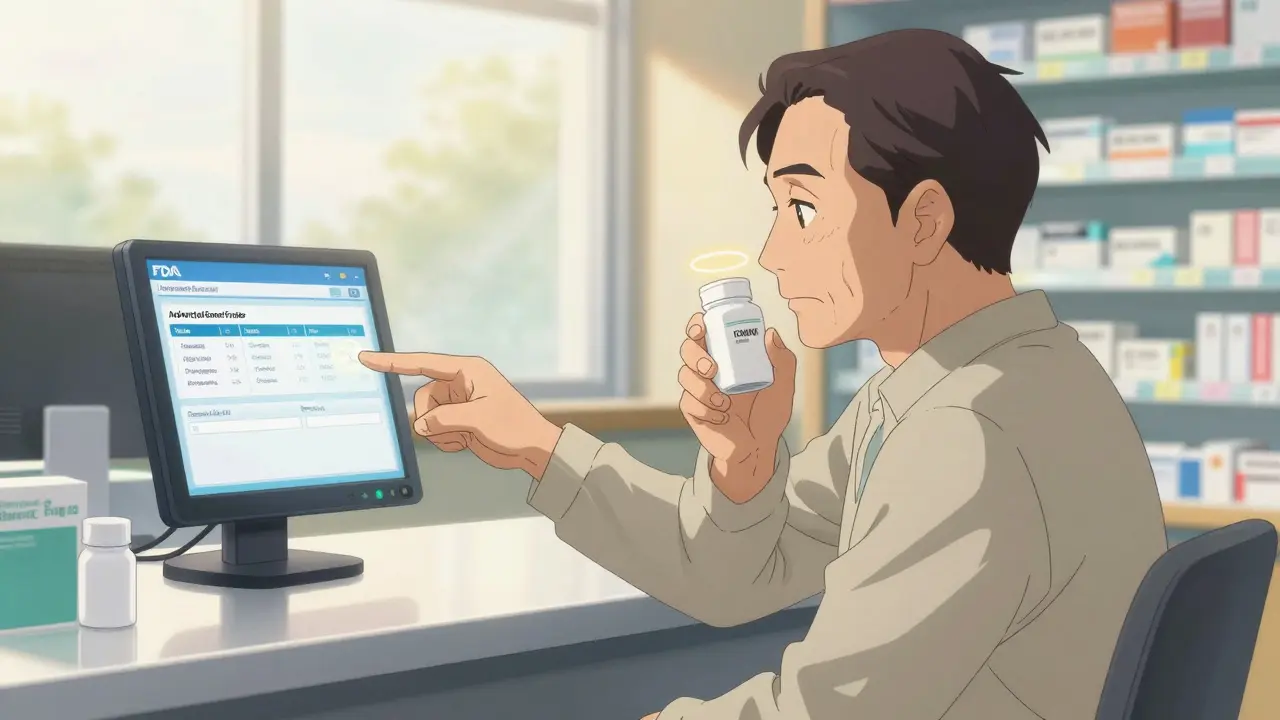Colchine: What It Is, How It Works, and When to Use It
If you’ve heard doctors mention colchine (also called colchicine) you might wonder what it does and if it’s right for you. In simple terms, colchine is a medication that reduces inflammation. It’s most famous for treating gout attacks, but it also helps with a rare condition called familial Mediterranean fever (FMF). Below you’ll get the basics, the dose you need, what side effects to watch, and how to buy it safely online.
Key Benefits and Common Uses
When gout flares up, the joints become red, hot, and painful. Colchine works by stopping the white blood cells that cause the swelling. A single dose can calm a flare in a few hours, which is why doctors often prescribe it for acute attacks.
Besides gout, colchine is the go‑to drug for FMF – a genetic disorder that causes recurrent fevers and abdominal pain. For FMF patients, a low daily dose prevents attacks altogether. Some specialists also use colchine for pericarditis (inflammation of the heart lining) and certain skin conditions, but those uses are less common.
The drug is taken by mouth, usually as a tablet. It’s cheap compared to many newer biologics, making it a practical option for many people.
Dosage, Side Effects, and Safety Tips
Dosage depends on why you’re taking colchine. For a gout flare, the typical plan is 1.2 mg (two 0.6 mg tablets) followed by 0.6 mg one hour later. For FMF, the routine dose is usually 0.6 mg once or twice daily, adjusted to your weight and kidney function.
Because colchine can be toxic at high levels, never exceed the prescribed amount. Common side effects are mild: stomach upset, diarrhea, or a slight loss of appetite. If you get severe vomiting, muscle pain, or notice unusual bruising, stop the medicine and call a doctor right away – those can be signs of toxicity.
Kidney or liver problems make colchine riskier, so doctors often run blood tests before starting treatment. Pregnant or breastfeeding women should discuss alternatives, as safety data is limited.
When you’re ready to buy colchine online, be extra careful. Look for pharmacies that require a prescription, show a physical address in the UK, and have a clear privacy policy. Check for certifications like the General Pharmaceutical Council (GPhC) or a Verified Internet Pharmacy Practice Sites (VIPPS) seal. Avoid sites that offer colchine without a prescription – they’re often fake and can put you at risk.
Before you click ‘buy’, read the seller’s return policy and make sure they list the exact dosage and expiry date. If the price looks too good to be true, it probably is. Cheap counterfeit pills can cause serious health problems.
In summary, colchine is a useful, low‑cost tool for gout and FMF when used correctly. Stick to the prescribed dose, monitor for side effects, and only purchase from reputable online pharmacies. Doing these things will help you get relief without unnecessary risk.

Autumn Crocus: Science-Backed Benefits for Your Diet and Wellness
Discover how autumn crocus transforms from garden beauty to a powerhouse dietary supplement. Learn about its unique benefits, safe use, and the science that makes it a standout addition to your wellness routine.




